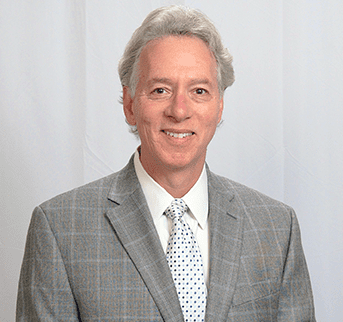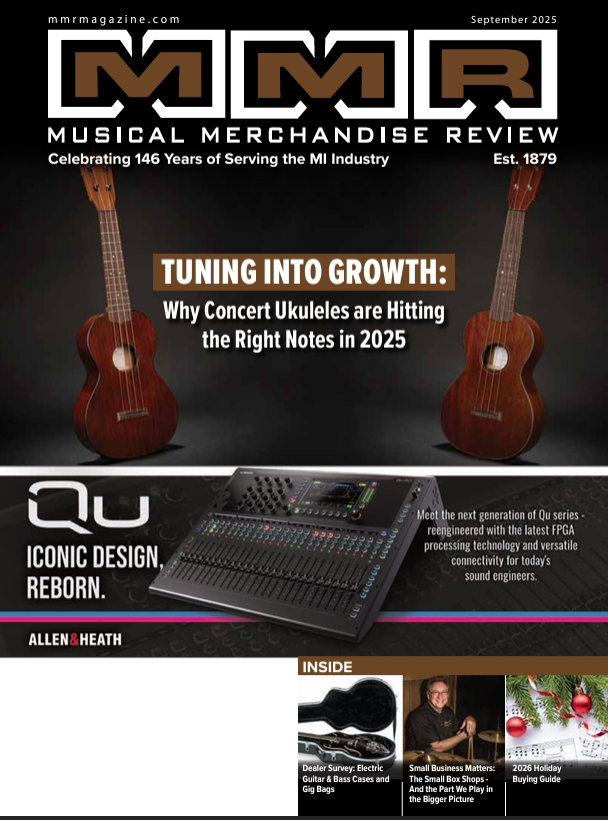 Here are this week’s major developments related to COVID-19:
Here are this week’s major developments related to COVID-19:
(Source: City National Rochdale)
- 31 states in phase 1 or 2 of reopening – manageable issues so far
- Job losses still high, signs of bottoming out by June
- 80% of states are at or near adequate testing
- Generally, U.S. stocks are down about 11%, year-to-date
In 2002, Daniel Kahneman was awarded the Nobel Prize in Economic Sciences for his work focusing on the areas of judgment and decision-making under uncertainty.
If we can describe our current psychological state in one word, I’m pretty confident few would object to using the word, “uncertainty.”
In 1981, Kahneman and Tversky published “The Framing of Decisions and the Psychology of Choice.”
Here are the scenarios that were imagined.
- Imagine there was an outbreak of a new disease that will kill 600 people without any action taken. (He could have never imagined COVID-19)
- You’ll need to choose a course of action from these two programs.

Now imagine the same scenario:
- An outbreak of a new disease that will kill 600 people without any action taken.
- You’ll need to choose a course of action from these two programs:


The Framing Effect
- More than 70% chose Program A and Program D
- Keep in mind they are all the same.
Program A = Program C, Program B = Program D - 600 people are at risk of the disease
People choose certainty when the problem is framed positively, uncertainty when the problem is framed negatively.
Seeing through the headlines by focusing on the data
- Headlines tend to present information negatively
Recent headline:
“When New York is removed from the data, cases are increasing around the country.”
Increase is largely due to increased testing, not necessarily increased spread
How can we make sense of all these numbers?
- Key is understanding whether or not we have a handle on the outbreak
- Positive test rate measures both the rate of spread and the level of testing
By this measure, the U.S. outside the New York tri-state area is mostly in good shape.

Lessons Learned
The way information is framed impacts how we cognitively process it.
Making sound financial decisions requires a pause during which data is first examined, before fear and a heightened emotional state takes our mind hostage.
Jaimie Blackman – a former music educator & retailer– is a financial advisor, succession planner, and certified business advisor. Blackman is a frequent speaker at NAMM’s Idea Center. He writes “The Sound of Money,” a monthly column for MMR. Visit, bhwealth.com to subscribe to newsletter and webcasts. Registered representative, First Allied Securities, Inc. Member FINRA/SIPC.


























